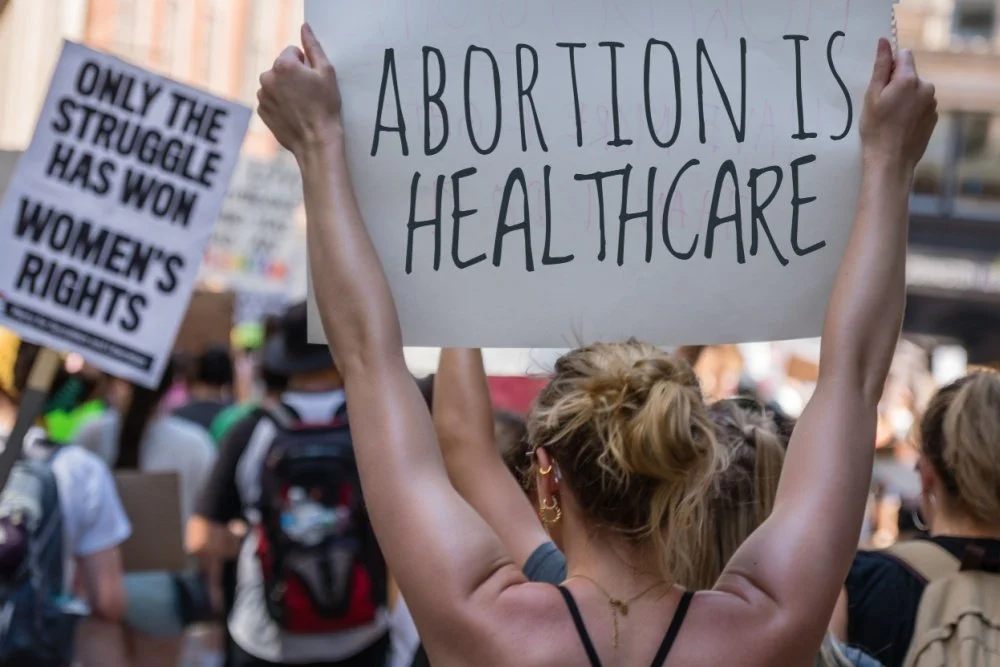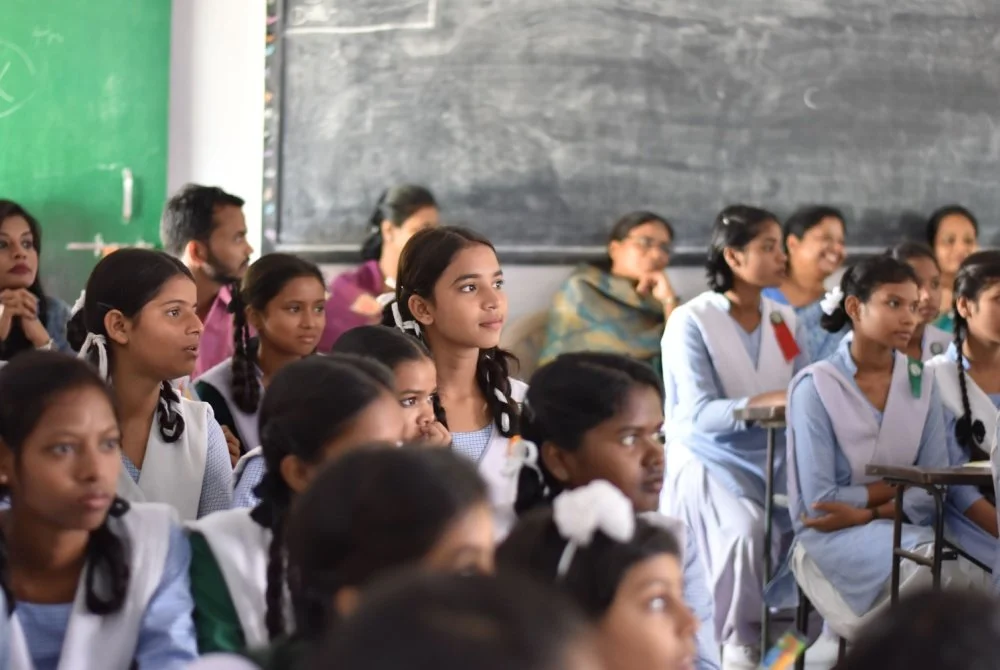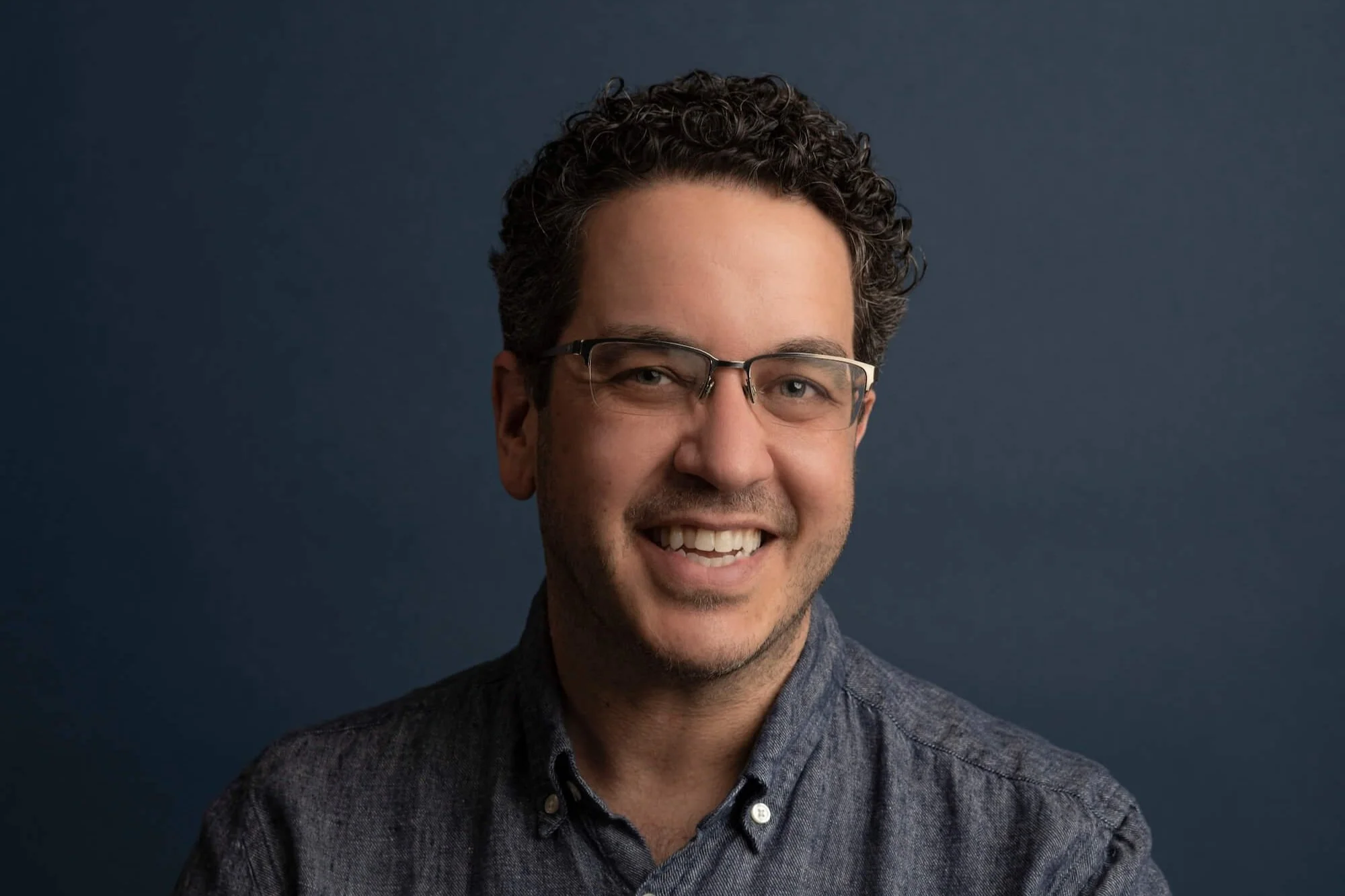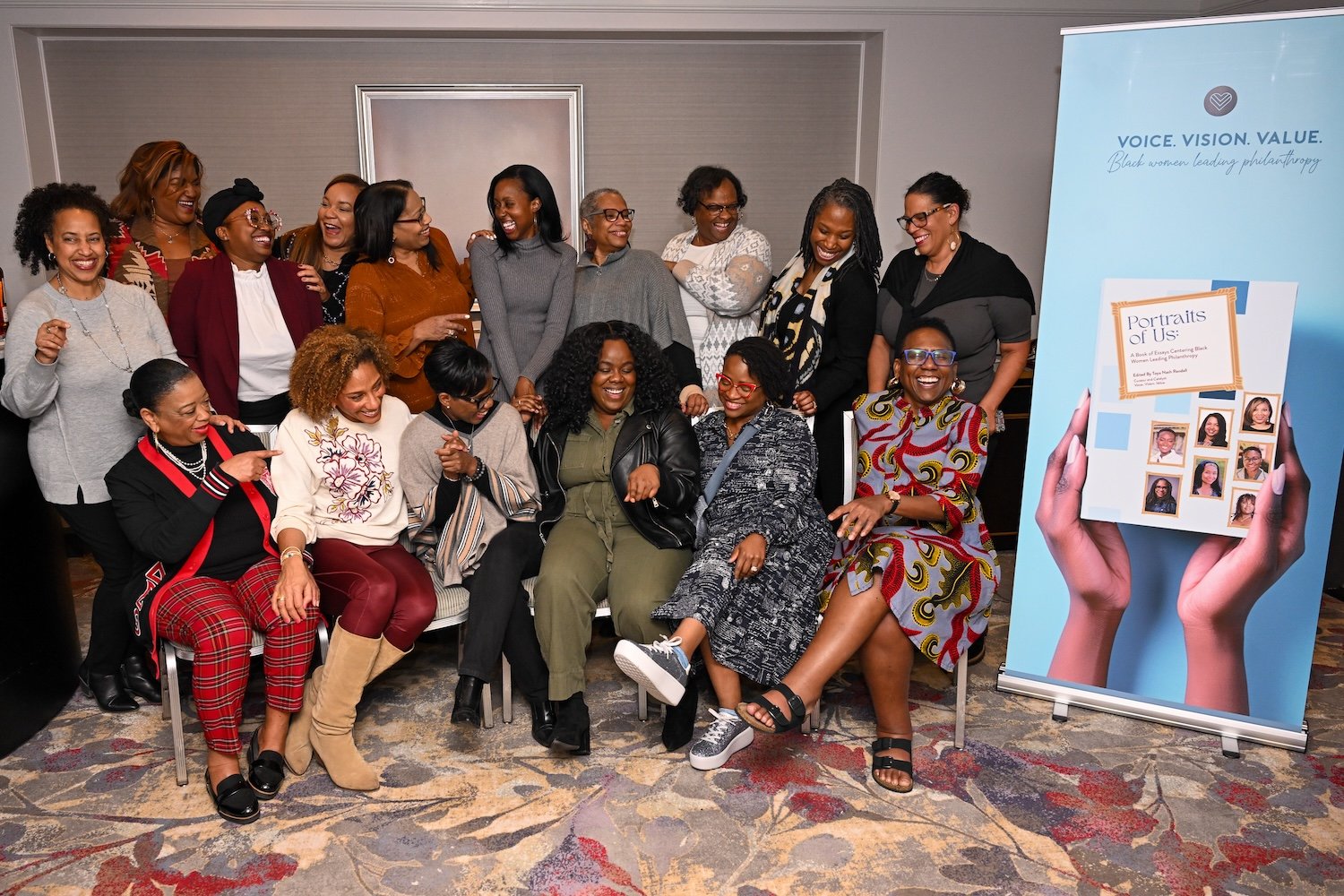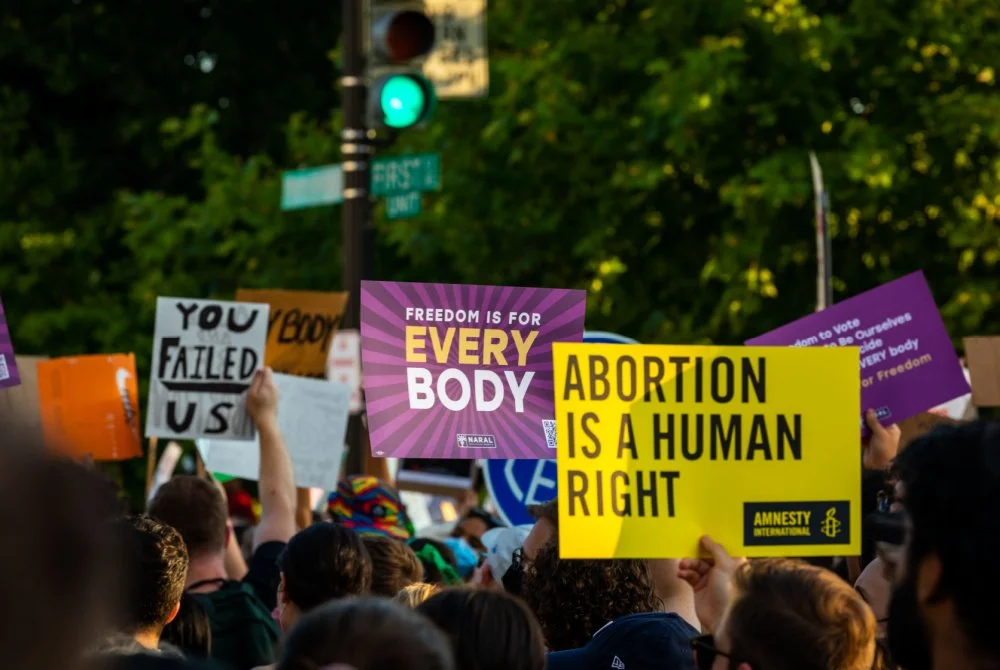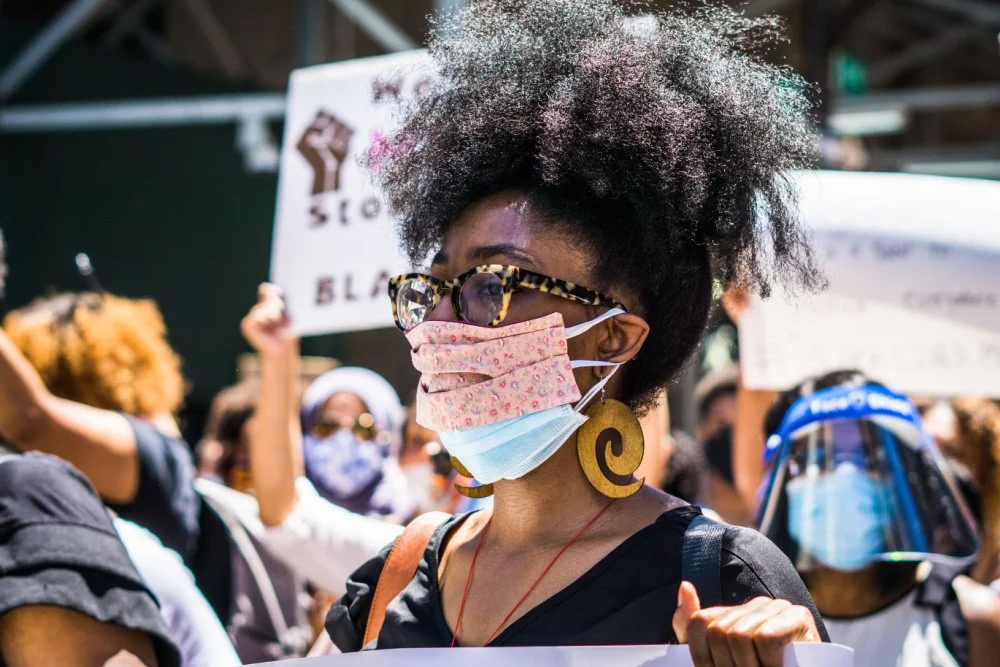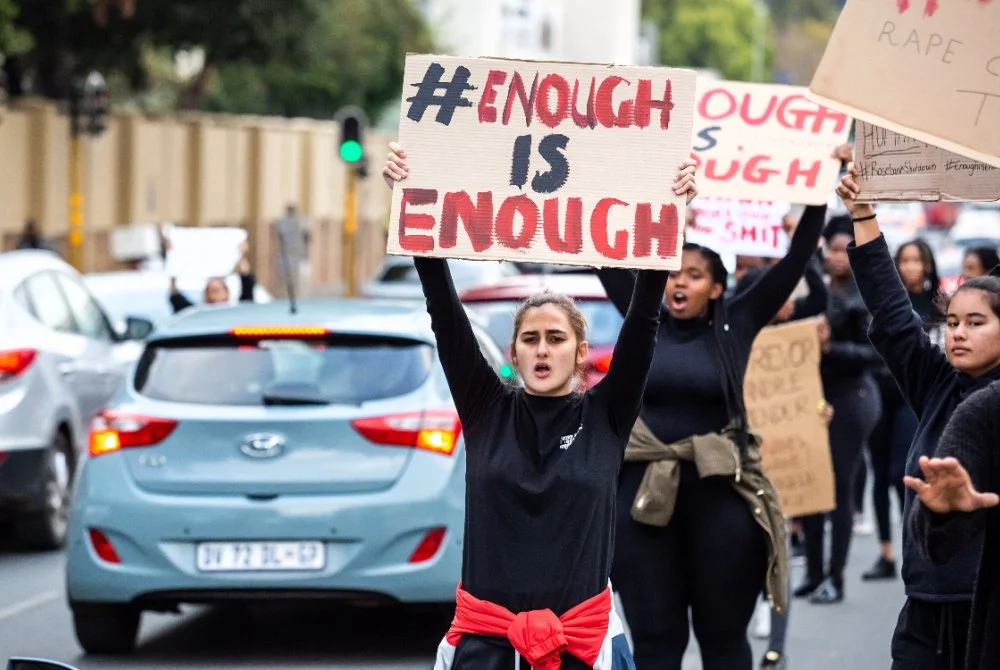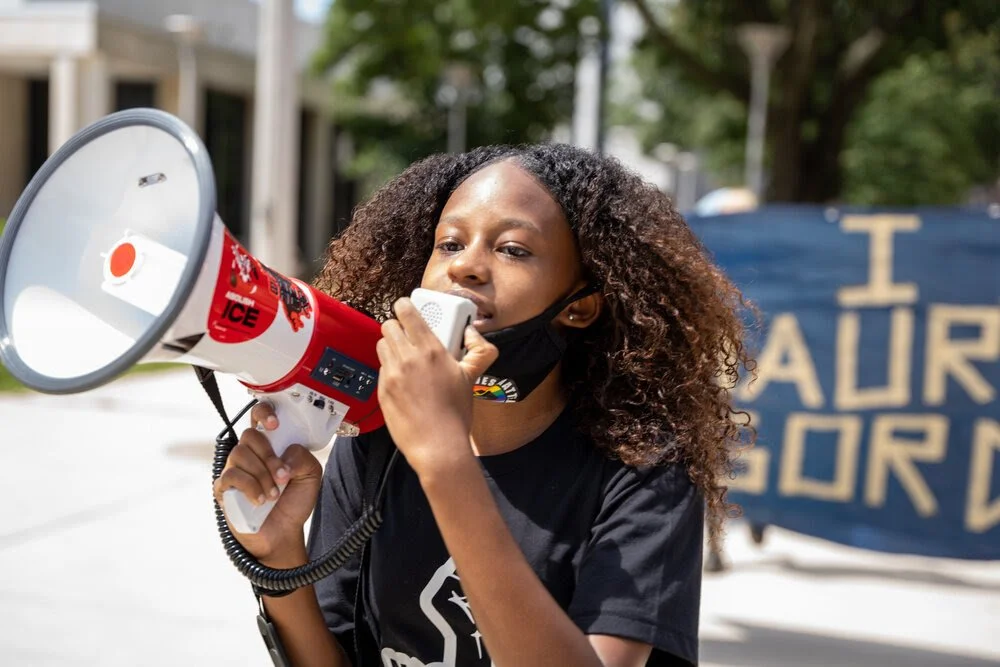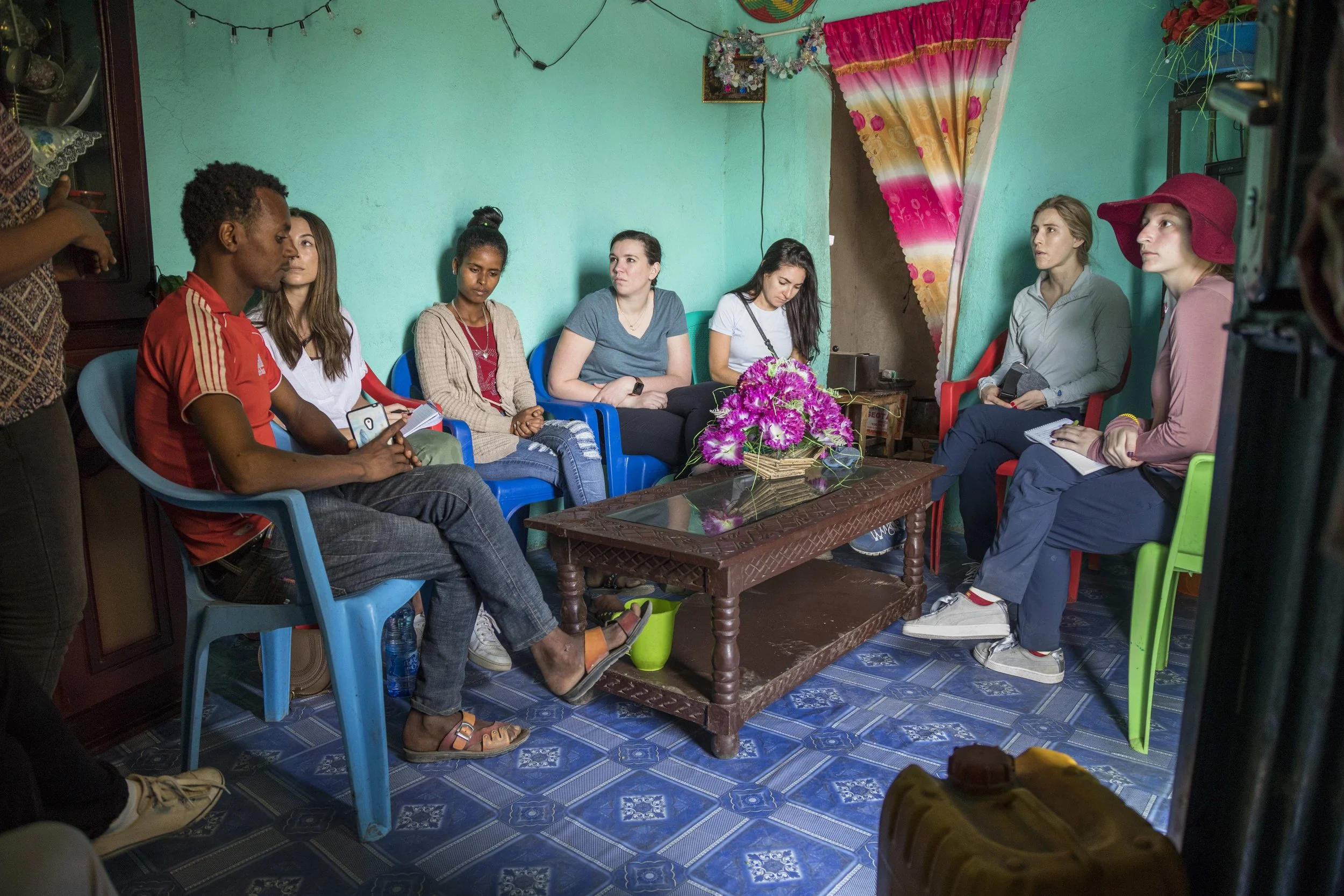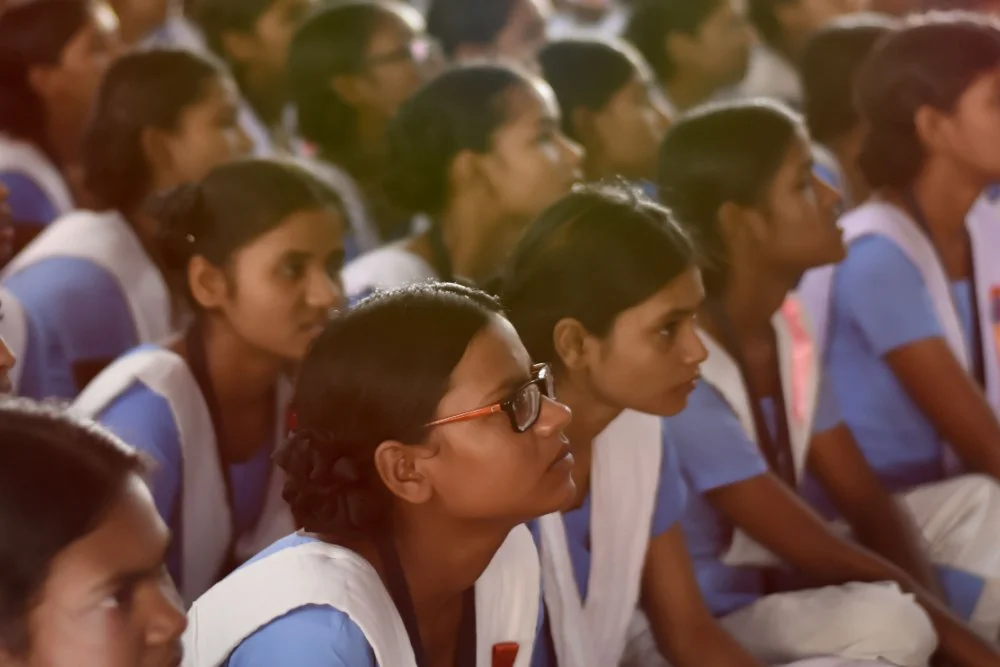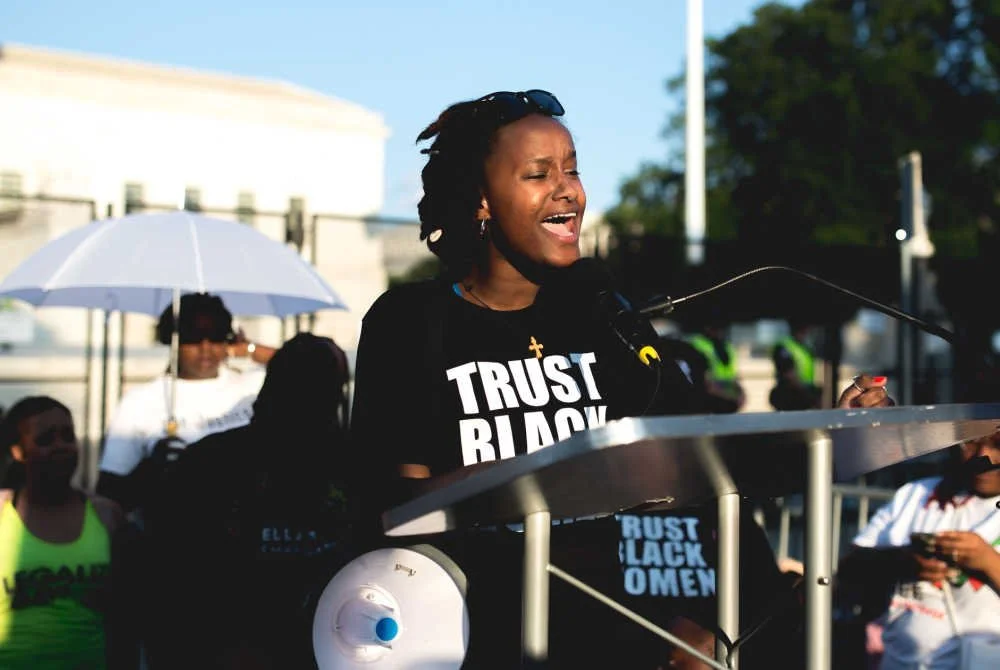Leverage Points: To Advance Gender Equality, Foundations Must Put Policy First
/The California State Senate. photo: Felix Lipov/shutterstock
To make gender equity a reality, philanthropy has to think boldly about how best to make a difference. That means, in addition to funding nonprofit partners that provide critical services and support to women, we must invest in developing policy that transforms systems and enables women and girls to reach their full potential.
As members of the Partnership for Women’s Prosperity, a national partnership of six leading women’s foundations and the Women’s Funding Network, we work together to unleash the economic power of all women. In addition to grantmaking, our two foundations are working with nonprofit partners to advance women’s security through the power of public policy—and we’re winning.
In 2017, for example, Governor Jerry Brown of California signed three laws aimed at strengthening the economic security and well-being of women and transgender people across the state. (Four more bills with the same aim are awaiting his signature this month.) From making it easier for incarcerated trans people to change their names and gender markers, to increasing access to subsidized child care for parents returning to school, and requiring public universities in California to offer medical abortion, these bills were developed and championed by advocates who took part in a public policy training program organized and funded by the Women’s Foundation of California to address the issues most impacting cis and trans women in the state.
Now in its 16th year, the Women’s Policy Institute amplifies the voices of cis and trans women in policymaking, and provides them with hands-on experience navigating the complexities of the legislative process. To date, nearly 500 fellows have gone through this training, and more than 33 of their policy projects have been signed into law.
Meanwhile, in Minnesota, Governor Mark Dayton signed a groundbreaking package of laws in 2014 that covered everything from job protection for pregnant and nursing women, to an increase in the minimum wage and enforcement of equal pay laws. The Women’s Economic Security Act (WESA), signed into law on Mother’s Day, marked the first time in state history that Republicans and Democrats alike prioritized women’s economic security as key to the overall security of the state.
To get this result, the Women’s Foundation of Minnesota provided funding to a coalition of groups to drive the movement for WESA, and added our expertise by integrating policy, research and grantmaking strategies. Heeding the request from the Speaker of the House, the foundation also engaged a high-level lobbyist, respected on both sides of the aisle, to shepherd the 14 bills through the legislative process. One result of this pioneering work is that between 2012 and 2016, Minnesota had the largest decrease in the overall pay gap of any state in the upper Midwest.
In working for policy wins like these, and together with other members of the Partnership for Women’s Prosperity, our two foundations have learned about the power that philanthropy can have in clearing hurdles for women and families through systems change. We are also building the capacity of young women to be effective policy advocates through our National Philanthropic Collaborative of Young Women’s Initiatives. This multi-million-dollar investment centering the leadership, ideas and solutions of women of color has created innovative cross-sector partnerships to change the institutions and systems that have prevented equal access to opportunity due to gender, race, place, ability or sexuality.
At a time when many government and political leaders are rolling back hard-earned gains that support women’s and families’ success, philanthropy can champion and fund policy work to mitigate restrictions to affordable child care, housing, healthcare, transportation, and other critical issues that intersect women’s economic security.
Among the lessons:
Put community at the center. Funders need to listen to women, girls, LGBTQIA+ folks and communities of color about the challenges they are facing, and work with them to find answers. The Women’s Policy Institute is successful because we provide community leaders with the training and the resources they need to advance their own solutions for the issues that impact their communities most. All of the foundations in Partnership for Women’s Prosperity hold this simple truth: Problems and solutions are found in the same place. We listen and leverage those solutions.
Invest in research. Supporting groundbreaking research has been a linchpin in the Women’s Foundation of Minnesota’s success to pass WESA, and to create a comprehensive state response to end child sex trafficking. Research—both quantitative and qualitative—blends together to steep issues in fact and deepen understanding of how those issues impact communities. Then, leveraging public opinion research provides powerful data- and community-driven research to deliver to policymakers. No matter the issue, philanthropy has a role to support research that deepens understanding and provides a roadmap for public engagement and support. Together, these keys unlock policy solutions.
Be bold. Philanthropy has an opportunity—and a responsibility—to support the policy work that is crucial to ensuring the rights of women and girls. At a time when the federal government—and the governments in many states—are actively weakening policies that advance women’s well-being, funders need to stand firm and fully invest in advocacy and related policy activities.
Share learning. Our foundations joined the Partnership for Women’s Prosperity so we could work with our fellow women’s foundations to invest in policies that support women and girls, and to share lessons, strategies and successes. Investing in policy and systems change is rewarding, but it isn’t always easy. It’s critical for funders to share our knowledge about what works with our cohort, and with advocates, community members, policymakers and allies. Learn more in our systems change report: Scaling Up for Women’s Economic Security.
Perhaps the biggest takeaway from our foundations’ work is that policy wins deliver results for women and girls that can’t be achieved through grantmaking alone. Investing in gender equity policies will result in equal opportunity where women and girls can create and lead safe, prosperous lives.
Surina Khan is CEO of the Women’s Foundation of California. Lee Roper-Batker is President and CEO of the Women’s Foundation of Minnesota. Both foundations are members of the Partnership for Women’s Prosperity, a coalition of leading women’s foundations and the Women’s Funding Network.


